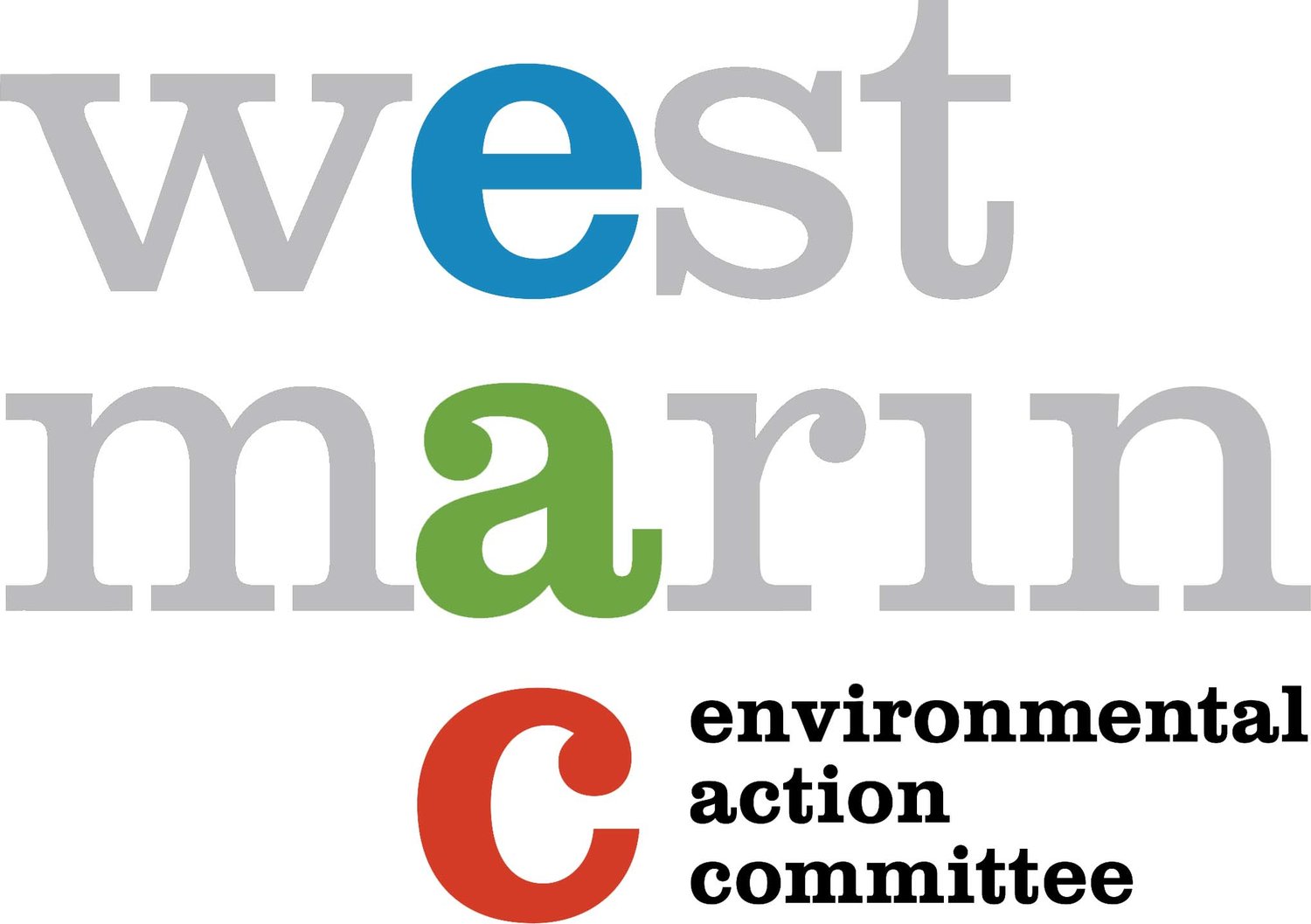The EAC team including our stellar summer interns participated at the California Fish and Game Commission's Marine Resources Committee meeting in-person in Petaluma in July to advocate for our Marine Protected Areas (or MPAs).
We spoke on a few agenda items including Marine Protected Areas (MPA) Decadal Management Review (Item 5), which is the focus of this article.
Before we dive into the meeting debrief, we wanted to share a little bit about California’s network of MPAs and how they were created.




